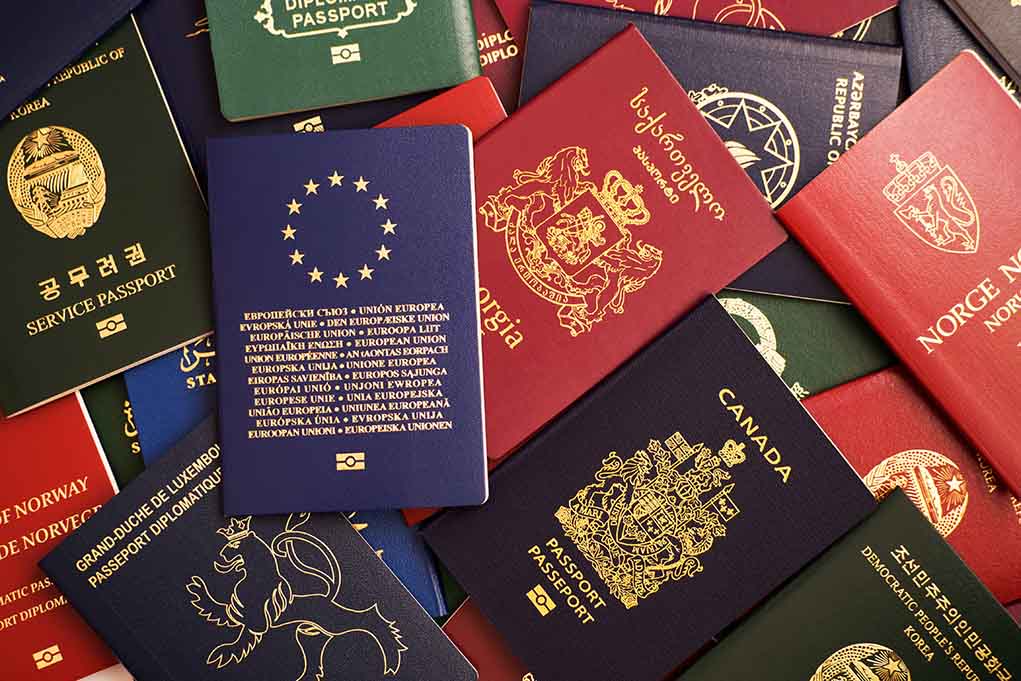
Under Secretary of State Marco Rubio’s leadership, the overhaul of student visa policies marks a decisive move toward more inclusive and globally diverse educational exchanges, despite the controversy surrounding it.
Key Takeaways
- Secretary Rubio defends the revocation of over 300 visas targeting foreign students involved in activism.
- The visa revocations raise concerns about free speech and rights to assemble in U.S. universities.
- Some students have been detained far from their homes, often with little warning or explanation.
- The policy shift has strong implications for international relations and academic diversity.
- Marco Rubio emphasizes the nation’s right to determine who enters and stays in the country.
Revocation of Student Visas: The Rationale
Secretary of State Marco Rubio has defended the Trump administration’s efforts to revoke student visas following the participation of foreign students in protests against Israel. The revocation of these visas has, according to Rubio, already affected over 300 individuals. This policy seeks to control what the administration identifies as potentially harmful influences within American educational institutions.
The State Department’s actions come amid a larger effort to manage the foreign student population based on alleged adverse influences on domestic tranquility and foreign relations. These actions echo a firm belief in the right of the United States to control who enters and remains on its soil—an assertion Secretary Rubio strongly stands by.
“Every country in the world has a right to decide who comes in and who doesn’t,” Rubio said at a press conference on a trip to Guyana.
Broader Implications of Policy Shifts
The revocation has significantly impacted universities like Columbia, Tufts, and the University of Alabama, where high numbers of foreign students congregate. While some view this approach as necessary for safeguarding American interests, others criticize it for undermining essential liberties, such as free speech and the right to assemble. Immigration agents have detained some students far from their homes with little explanation, fueling concerns over human rights.
In one notable instance, a green card holder, Mahmoud Khalil, was targeted along with other students from countries including Iran, Turkey, and South Korea, highlighting the administration’s expansive approach. This has led to legal challenges as well as international outcry from those who see the policy as discriminatory.
Conclusion: A Balance of Security and Diversity
The revocation of student visas in the wake of protests presents a complex challenge for U.S. policymakers. While critics argue that the policy undermines free speech, the administration contends it’s necessary for national security. Marco Rubio’s leadership illustrates a broader shift toward asserting control over immigration policies with an eye on protecting American interests.
Balancing the invitation of global diversity with strict monitoring of foreign influences poses a pivotal question for the future of U.S. academic policy and its role in global education.
Sources:
- Rubio Says US Pulled at Least 300 Visas, Defends Expulsions – Bloomberg
- SecState Rubio on Fire, Canceling Student Visas Left and Right – RedState











